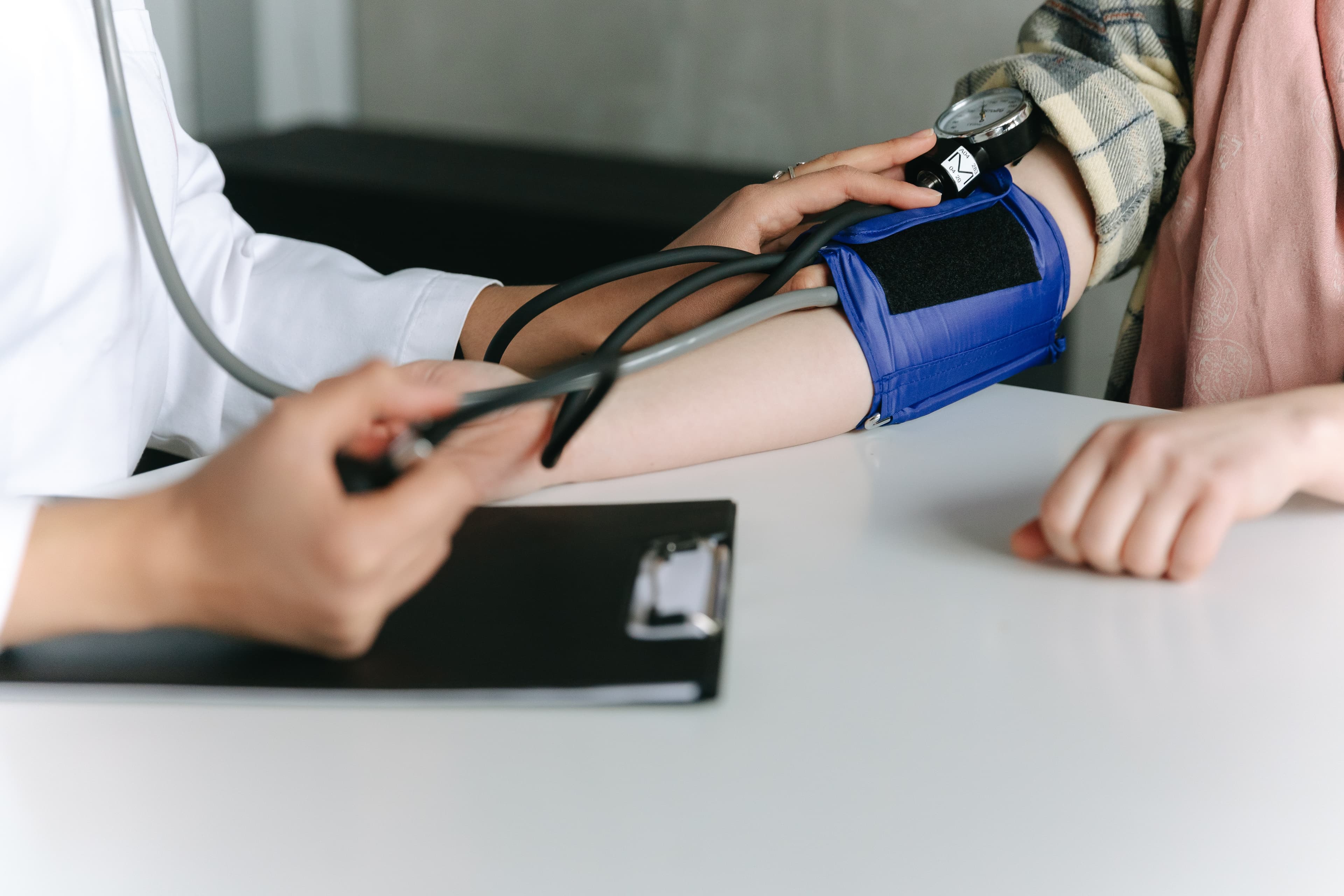What Is Weeping Edema and How Can I Treat It?

Written by Nate Birt on Tue Jun 17 2025.

If you or your loved one experiences swelling in their body that leads to fluid dripping from the skin, that might be weeping edema. This condition is a sign that you or your loved one should see a healthcare professional who can determine the cause of the swelling and fluid buildup and recommend treatment.
This article will provide an overview of edema and weeping edema, specifically. We also include common edema symptoms to help you understand the condition and how you or your loved one can continue to live a high-quality life while navigating weeping edema.
What is Weeping Edema?
Weeping edema is one of many kinds of edema, which simply means fluid buildup in the body. Sometimes, edema is also called dropsy. The term weeping refers to when swollen parts of the body produce a liquid that secretes through the skin. This happens when tiny blood vessels known as capillaries leak fluid, which builds up in nearby tissue.
Fluid can collect throughout the body or happen in specific body parts, usually in places like the face, hands, arms, feet, and legs. Edema is most common among people 65 and older.
This type of fluid buildup in the body can indicate the need for treatment for other health conditions. Here are a few common causes of weeping edema:
A temporary buildup of fluid that will eventually take care of itself.
A medical condition that requires a doctor to diagnose and treat properly. For example, edema can sometimes happen to people who are facing cirrhosis or kidney disease.
A side effect of, or allergic reaction to, medications. For example, cancer treatments can result in skin that swells and weeps.
Issues with the body’s lymphatic system, which manages fluid and fights infection, can also lead to weeping edema.
What Are the Symptoms of Edema?
If your loved one has weeping edema, they might experience some of these symptoms:
A feeling of heaviness in parts of the body
Skin that dents when pressed on and remains indented after pressure is removed
Discomfort from wearing clothing and jewelry
Tightness, warmth, or pain at the site of swollen skin
Difficulty moving joints
Thickening of skin
Ongoing infections
What is the Fluid Leaking From the Skin?
In cases of weeping edema, the fluid secreted from the skin often looks like water. However, the liquid is actually lymph, otherwise known as lymphatic fluid. It typically includes white blood cells, which fight off bacteria, and chyle, a liquid that contains fat and protein. When this type of swelling and weeping happens, it’s known as lymphedema.
Weeping can occur anywhere there is skin and swelling, not just in the legs. It typically exits the body through breaks in the skin or appears in the form of a blister.
How Can I Treat Weeping Edema?
The first thing to do when you notice that you or your loved one is experiencing weeping edema is to visit your local urgent care or schedule an appointment to see a doctor or healthcare professional as soon as possible. Because weeping edema can happen for various reasons, some more serious than others, it’s essential to understand your, or your loved one’s, specific case.
A doctor can recommend steps to have the highest quality of life with weeping edema. They might also recommend the following to provide relief:
Elevate affected body parts: If arms or legs are swollen, resting them above heart level can help reduce swelling naturally.
Move the body as appropriate: Depending on the person, a doctor may recommend movement to help reduce swelling that leads to weeping.
Lightly massage swollen limbs: For patients whose skin can handle it, a massage can help manage edema. This should only be done if recommended by a doctor.
Compress affected areas: Several products can help apply pressure to swollen body parts, making edema manageable. These can include gloves, sleeves, and even socks or compression stockings.
Treat the skin well: Use lotion to keep the skin smooth and avoid cracking. Wear shoes if swelling occurs in the feet, and wear appropriate clothing to protect sensitive skin.
Limit salt: Although it’s a favorite ingredient in most meals, salt can contribute to swelling. Look for healthy alternatives to keep meals tasting great without increasing the risk of edema with salt.
What Products Can Help Treat Weeping Edema?
Carewell provides several product categories to help you or a loved one stay comfortable with weeping edema. Among them are:
Compression garments: Once a doctor approves, this type of apparel can place pressure on swollen parts of the body to help reduce swelling, prevent additional swelling and create a more comfortable lifestyle while protecting the skin.
Lotion: Keeping the skin dry and free from cracking is vital for people with edema. Find moisturizing products that can keep the skin vibrant and healthy.
Adult wipes: These can help clean your loved one’s skin and prevent bacteria buildup that can cause infection.
Where can I find more information about weeping edema?
There are a number of ways to educate yourself about weeping edema and help your loved one navigate this condition. Among the most helpful resources are:
Edema Handouts and Articles: This library of free information for caregivers includes several downloads with helpful insights, such as caring for hands and feet that swell and managing swelling while exercising.
Personal Care: These Carewell products can help your loved one stay healthy and comfortable while managing weeping edema.
When To See A Doctor For Swelling In The Arms Or Legs: Use this article from Duke Health to better understand when to visit with a physician about your loved one’s edema.
Other Articles You May Like

High Blood Pressure in Seniors: What it Means and What To Do About It
There’s no cure for high blood pressure, but healthy lifestyle changes, prescription medication, and daily monitoring can prevent it from getting worse. In this article, we discuss the causes of high blood pressure, highlight some of its risks, and make suggestions to prevent potentially severe complications.
Read More >
5 Exercises to Reduce Swelling in the Legs and Feet
No matter your current fitness level, it’s possible to find relief from swelling through movement. However, always speak with your primary care physician before starting any new exercise routine, especially if you have underlying health conditions. Once you have their go-ahead, here are 5 gentle yet effective exercises you can easily incorporate into your daily routine.
Read More >
Nate Birt is a healthcare writer with a journalism degree from University of Missouri. He lives with his wife and their four children on a small farm in Missouri.